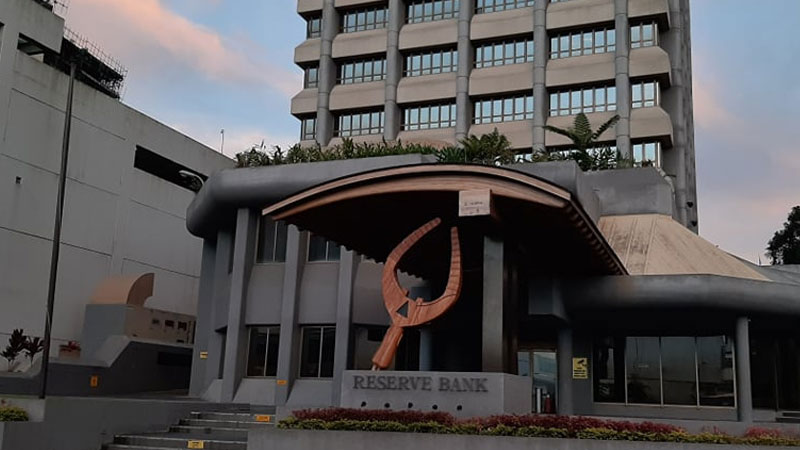
The Reserve Bank of Fiji says as at December 2021, commercial banks have set aside $185.9 million as provisions for loans that have been identified as having some elements of not meeting the terms and conditions for which they were given, normally referred to as classified loans.
They say this is more than double the $84.3 million in provisions that the banks set aside in 2019 while in 2020 the amount was $149.4 million.
The RBF also says provisions are funds set aside by banks in their balance sheets to cater for the possibility that, loans may deteriorate sometime in the future to the point that they would then need to be written off, only when banks have exhausted all possible avenues to recover the debt.
It further adds the objective behind setting aside provisions during the life of the loan, is to recognise, preferably early, that some loans would need to be written off in the future.
The RBF says while the amounts written off by the commercial banks in the past 2 years is much lower, the actual amount written off from the provisions created in 2020 and 2021 will only be known in the next 12 to 24 months.
They say if provisions are not adequately set aside in a timely manner, banks run the risk of then writing off sizable portions of their loan book at a single point in time, which can put immense pressure on their solvency position. RBF highlighted that during the economic slowdown triggered by COVID-19, banks had offered loan repayment holidays to borrowers who were unable to keep up with their loan repayments because of either; loss of business earnings, job losses and reduced working hours, and with the prolonged pandemic, lost savings.
They further highlighted that as at January 2022, customer loans which have been assisted through loan repayment holidays stood at 10.8 percent of the total loan portfolio of commercial banks in Fiji, at $790.3 million, a notable decline from $2.8 billion or 39 percent in mid-2020.
RBF says accordingly, given the economic downturn, banks have created provisions in case they would be needed, which in-turn have impacted their profit levels in the last two years.
They say with the repayment holidays coming to an end in March 2022, banks are expected to continuously review their COVID-19 assisted loan portfolio to ensure that provisioning levels are appropriate to meet loans that will need to be written off.
It adds banks are also expected to continue to engage with relevant customers to work out strategies to recover loans that may be challenged with the current economic environment, in line with their credit risk appetite and processes, to minimise any credit related losses that they may face.
Stay tuned for the latest news on our radio stations

